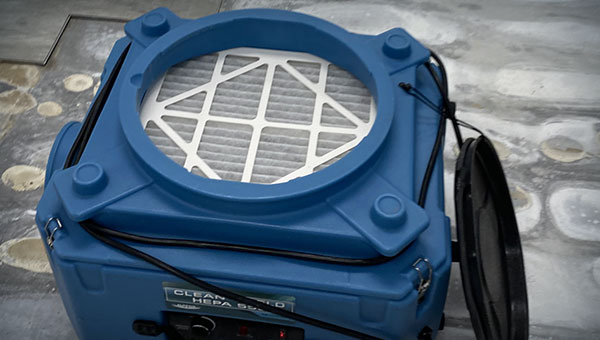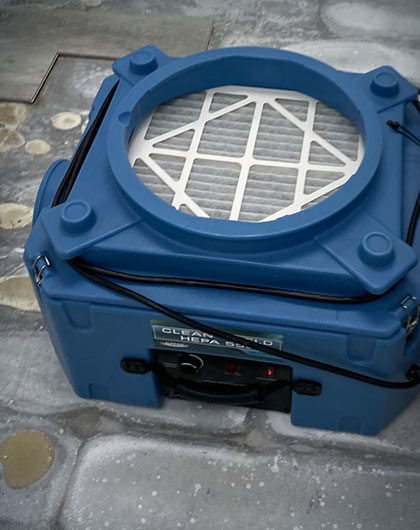
When you are thinking about mold, it is not the kind of thing you need around the home or your commercial establishment. This could look like an insignificant problem at first, but it can become a serious health concern and even lead to property damage. When mold starts to grow, it produces very small spores which can easily be released into the air, inhaled into the lungs, and even deposited in other parts of a home.
Selecting possible teams to address this issue is very important. Different companies and individuals realize the importance and risks associated with mold, and FDP Mold Remediation is one such company capable of offering the service. In this article, the use of HEPA filters in mold remediation will be discussed in detail so that you can clearly understand why they are a component that cannot be bypassed during mold removal.
HEPA filters, or High-Efficiency Particulate Air filters, might sound high-tech, but their function is both simple and incredibly important. They are specifically designed to capture airborne particles, including dust, pollen, and - most importantly - mold spores.
What sets HEPA filters apart from other filters is their ability to capture an astonishing 99.97% of particles that are as small as 0.3 microns. To put that into perspective, a human hair is around 50 to 70 microns thick, so we're talking about trapping things that are far too tiny to see with the naked eye.
Such efficiency is what makes HEPA filters very important, especially in areas where air quality is an issue. FDP Mold Remediation only employs the best HEPA filters, which have been certified to make sure that there are no mold spores that might escape during the mold removal processes. This attention to detail is something that makes their work so credible.

Mold removal is tricky business. It's not enough to just scrub down the areas where mold is visible. The moment you disturb mold colonies, they release microscopic spores into the air. These spores can linger for hours or even days, and if they aren't properly contained, they will find new places to settle and grow.
That's where HEPA filters come in. As mold is being removed, HEPA filtration systems are used to clean the air of these floating spores, preventing them from spreading to other parts of your home or business. Without this filtration, mold spores could easily escape and undo all the work you've done to remove the original mold.
By using HEPA filters, FDP Mold Remediation ensures that once the mold is gone, it stays gone.
HEPA filters serve two critical roles during the mold removal process: air scrubbing and vacuuming. Air scrubbing might sound like a technical term, but it's simply the process of filtering the air in a contaminated space to remove any harmful particles, including mold spores.
When you're dealing with mold, you want to make sure that the air in your home or business is being continuously cleaned so that mold spores aren't moving from room to room. This is especially important in preventing cross-contamination, where mold spores from an affected area migrate to areas that were previously unaffected.
HEPA vacuums, on the other hand, are used after the physical mold removal is complete. Once the mold has been removed from surfaces, these vacuums ensure that no spores are left behind, even on surfaces you think might be clean. FDP Mold Remediation integrates both air scrubbing and HEPA vacuuming into every mold removal job, ensuring thorough and complete removal of the mold.
You can remove all the mold you want, but if the air isn't clean afterward, the job isn't truly done. This is where post-remediation air quality testing comes into play. Once the mold has been physically removed, the air needs to be tested to ensure that mold spore levels are back to safe limits.
HEPA filters continue to play an important role here, as they ensure that any remaining airborne spores are captured, leaving behind only clean, breathable air. At FDP Mold Remediation, air quality testing is not just an optional service - it's a standard part of their process. They believe that the job isn't finished until your air is safe to breathe, and they use HEPA filters throughout the post-remediation phase to make sure that no mold spores are left behind.
There are quite a few myths and misunderstandings surrounding the use of HEPA filters in mold removal. One of the most common misconceptions is that HEPA filters alone can completely eliminate mold. While HEPA filters are incredibly effective at trapping airborne mold spores, they are only one part of a comprehensive mold remediation process. Mold removal also involves physically removing mold from surfaces, cleaning the area, and addressing the root cause of the mold growth - whether that's water damage, poor ventilation, or something else.
Another misconception is that all HEPA filters are the same. In reality, the quality of the HEPA filter matters a lot. Professional-grade HEPA filters, like the ones used by FDP Mold Remediation, are designed for tough jobs and are far more effective than cheaper, lower-quality alternatives. So while HEPA filters are a crucial tool, they are most effective when used by professionals as part of a broader mold remediation strategy.
Hiring the right mold remediation service is not an easy thing to do, but it doesn't have to be a stressful business. However, there are some aspects that you need to pay attention to so as to make the best choice.
First of all, one has to identify whether the company that is providing remediation services utilizes certified HEPA filters. Without this, you cannot be certain that airborne mold is properly managed and controlled. Second, ascertain a firm that has the expertise and certification in mold remediation; this will ensure that the company is capable of handling the job in the right manner.
Third, it is necessary to include the extensive examination of air quality as one of the services. This allows one to be very sure that all molds have been wiped out and that fresh air in your home or business has been produced. Customer satisfaction is the last but the most important criterion of the work quality as well. Knowing that there is a well-established business such as FDP Mold Remediation that is capable of gaining the confidence of the customers and having good comments will be a plus in making the right decision.
Of all cleaning devices, the HEPA filters cannot be missed when it comes to disinfestation, especially mold infestations. Many are used widely in sealing off all openings to contain the airborne mold spores, and to make sure that the air in the room is not tainted by the mold spores as the whole process of remediation goes on. However, HEPA filtration alone is not sufficient; what you need are experts who are well aware of these tools and how they fit into the overall approach.
In choosing a mold remediation company, it needs to have the certification and above all the experience in effectively handling mold remediation, and that is why FDP Mold Remediation not only uses HEPA filters but also ensures that the company has the required experience to do a proper job. In case of mold presence, contact FDP Mold Remediation now for secure and efficient mold removal so you can get your home or business space free of mold.



